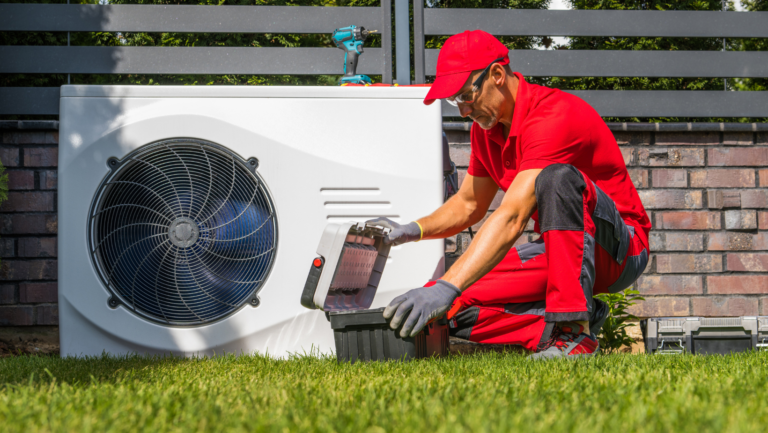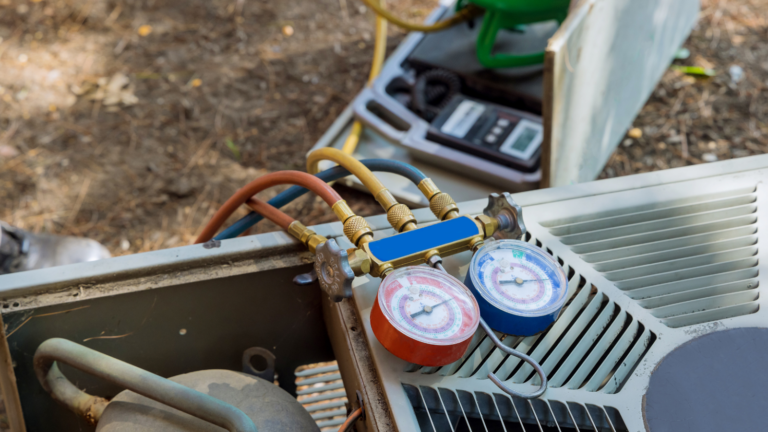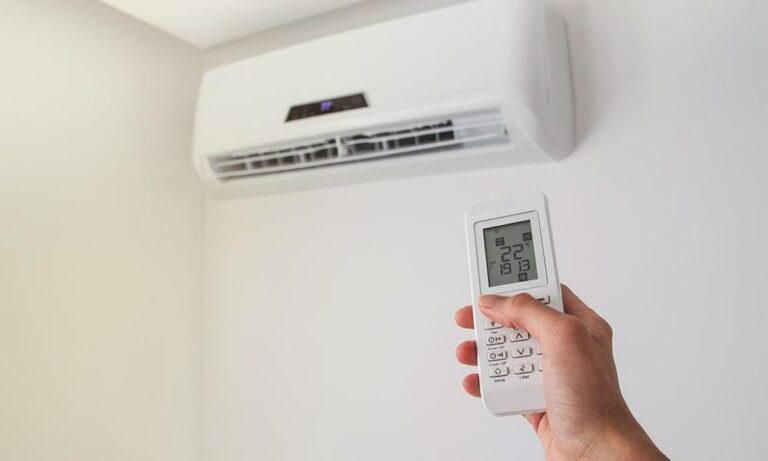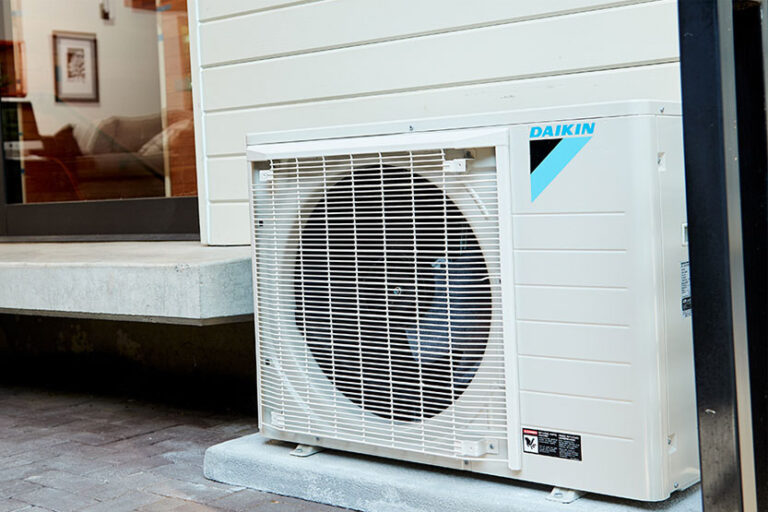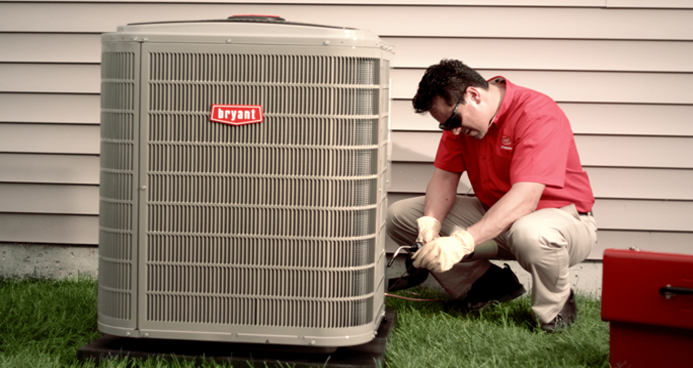Optimal HVAC Filter Replacement Frequency: A Comprehensive Guide
Imagine walking into a room filled with fresh, clean air, only to realize that it’s your own home. That’s the magic of properly maintained HVAC filters. They stand as unseen heroes, ensuring that the air we breathe indoors is free from harmful particles and pollutants. But like any other hero, they, too, need regular care to perform at their peak.
Let’s explore the impact of neglecting filter changes. A neglected filter compromises the quality of your indoor air and can lead to higher energy costs and potentially expensive damage to your HVAC system. In this blog, we’ll discuss the optimal frequency for HVAC filter replacement, highlight the importance of these filters, and discuss the potential consequences of neglecting such changes. It is crucial knowledge for any homeowner or property manager wanting to maximize their system’s efficiency and longevity.
Factors Influencing Filter Lifespan
The longevity of filters in HVAC systems is an intriguing subject, not solely dictated by brand or cost. Instead, it’s a complex interplay of various environmental and system-related factors. This exploration will shed light on these critical elements and their profound impact on your filter’s lifespan.
Environmental Factors
Allergens and Pollutants: Picture this – your home is a cozy haven amidst a bustling city. But, the high allergen levels or pollutants surrounding your home can make your filter work extra hard. This overdrive mode can lead to more frequent replacements to keep your indoor air as clean as possible.
Climate Conditions: Does your city experience extreme temperatures or high humidity levels? If yes, your filter might be feeling the pressure. Such climate conditions can affect your filter’s efficiency, making it necessary for you to change it more often than usual.
HVAC System Factors
System Type: Not all HVAC systems, including their filter requirements, are created equal. Some systems demand specific types of filters that may need more regular replacements. So, knowing your system well is vital to understanding your filter’s lifespan.
Filter Size Compatibility: Imagine wearing a shoe two sizes too big or too small. Uncomfortable, right? The same goes for your HVAC system and its filter. A perfectly fitting filter will only do its job effectively, leading to frequent changes to maintain air quality and system efficiency.
Signs That Your HVAC Filter Needs Changing
Navigating the world of HVAC maintenance can feel like a maze. But knowing when to change your filter should be something other than a guessing game. Let’s uncover some definitive signals indicating that your HVAC filter needs changing.
Decreased Airflow
When your HVAC filter is clogged with dust and debris, it can significantly hinder the airflow. If you’ve noticed that your system isn’t pumping air as effectively as it once did, this could be a telltale sign. A fresh, clean filter will restore that breezy comfort in no time.
Increased Energy Bills
A dirty filter makes your HVAC system work harder than it needs to, consuming more energy. If your energy bills have seen an unexpected hike, it might be time to check the state of your filter. A simple change could see those costs coming back down.
Allergy and Health Issues
A clogged filter can’t effectively remove allergens and pollutants, leading to potential health issues. If you or your family members are experiencing increased allergies or respiratory problems, it could be a sign your filter requires changing.
How Often Should You Change Your HVAC Filter?
Keeping your heating, ventilation, and air conditioning (HVAC) system running smoothly involves more than an occasional check-up. A crucial part of this maintenance is knowing when to swap out your HVAC filter. Let’s dive into some guidelines to help you stay on top.
General Guidelines
You should change your HVAC filter every 30 to 90 days. However, this timeline can vary depending on factors like the type of filter, the air quality in your home, and how often your HVAC system is in operation. Regular visual inspections are an excellent way to determine if a change is necessary.
MERV Rating Recommendations
The Minimum Efficiency Reporting Value (MERV) rating of your filter can also affect how often it needs changing. Filters with higher MERV ratings are designed to trap more particles, which may clog up faster. While these filters improve air quality, they require more frequent replacement. Always refer to the manufacturer’s guidelines for your specific MERV-rated filter.
Special Considerations for Allergy Sufferers
If allergies are a concern in your household, you should change your HVAC filter more frequently. These filters play an essential role in capturing allergens; a clogged filter could worsen allergy symptoms. For those with allergies, consider changing the filters every 30 to 60 days. Regular checks can help you establish the best schedule for your circumstances.
Hiring Professionals for Filter Replacement
Taking the DIY route can be tempting when replacing your HVAC filter, but there’s much to say for calling in the professionals. Let’s unravel why seeking expert help can make all the difference in maintaining an efficient and healthy HVAC system.
Benefits of Professional Services
Professional services bring more to the table than just a filter change. They have the expertise to ensure the job is done right, promoting longevity and efficiency in your HVAC system. These experts can also spot potential issues early, saving you from costly repairs down the line. Plus, they can provide personalized advice on how to keep your system running smoothly between their visits.
Finding the Right HVAC Technician
Finding a dependable local HVAC technician in your area is actually not as difficult as it may initially seem. Start by checking online reviews and asking for recommendations from friends or family. Ensure the technician has the necessary certifications and experience. The ideal professional will do more than replace your filter; they’ll educate you about your system and give guidance on future maintenance needs.
Extending the Lifespan of Your HVAC Filter
Preserving your HVAC filter’s life saves you money and ensures that your system operates efficiently. One of the most effective ways to extend its lifespan is by performing regular maintenance checks. These include inspecting the filter monthly for any signs of wear and tear and cleaning or replacing it if necessary. Also, keep the area around your indoor and outdoor units clean and free from debris, as this can clog up your system and force your filter to work harder.
Improving your home’s air quality can also help extend the lifespan of your HVAC filter. Start by reducing indoor pollutants like smoke, dust, and pet dander. It could mean enforcing a no-smoking policy, vacuuming regularly, and grooming your pets outside. Another tip is to use exhaust fans in your kitchen and bathroom to remove contaminants directly at the source. Lastly, consider adding indoor plants to your living spaces. They can naturally filter and freshen the air, reducing the load on your HVAC filter.
Choosing the Right HVAC Filter
Navigating the world of HVAC filters can be a daunting task with so many options available. But fear not! Here’s a simple guide to help you make an informed decision that fits your needs, budget, and environmental considerations.
Matching Filters to Your Needs
Choosing the right HVAC filter starts with understanding your specific needs. If you or your family members have allergies, consider filters with higher Minimum Efficiency Reporting Value (MERV) ratings that can trap smaller particles. For homes with pets, opt for filters designed to capture pet dander. If dust is your main concern, filters are specially designed to tackle this issue.
Budget-Friendly Options
You don’t need to break the bank to keep your air clean. Plenty of affordable HVAC filters can effectively improve your home’s air quality. Disposable fiberglass filters, for example, are often cheaper and can filter out large particles. However, remember that you may need to replace these more frequently, which could affect your long-term costs.
Sustainable Filter Choices
If you’re environmentally conscious, consider sustainable filter options. Reusable filters, for instance, can be cleaned and reinserted, reducing waste. Additionally, some companies offer eco-friendly filters made from recycled materials. Ensure that your choice meets your household’s air quality needs while being kind to the planet.
Summary of Key Takeaways
Understanding the optimal frequency for changing your HVAC filter is crucial to maintaining a healthy and efficient system. The general guideline suggests replacing your filter every 30 to 90 days, but this can vary depending on your specific circumstances. Keep in mind factors like the type of filter, its MERV rating, and if there are any allergy sufferers in your home. Budget-friendly and sustainable options are available, allowing you to choose one that suits your needs and aligns with your values.
Regular filter changes ensure that your HVAC system operates efficiently and significantly improve your home’s air quality. It can lead to a healthier living environment, especially for those who suffer from allergies or live in areas with poor air quality. So, pay attention to this simple yet critical maintenance task – your health and your HVAC system will thank you!


